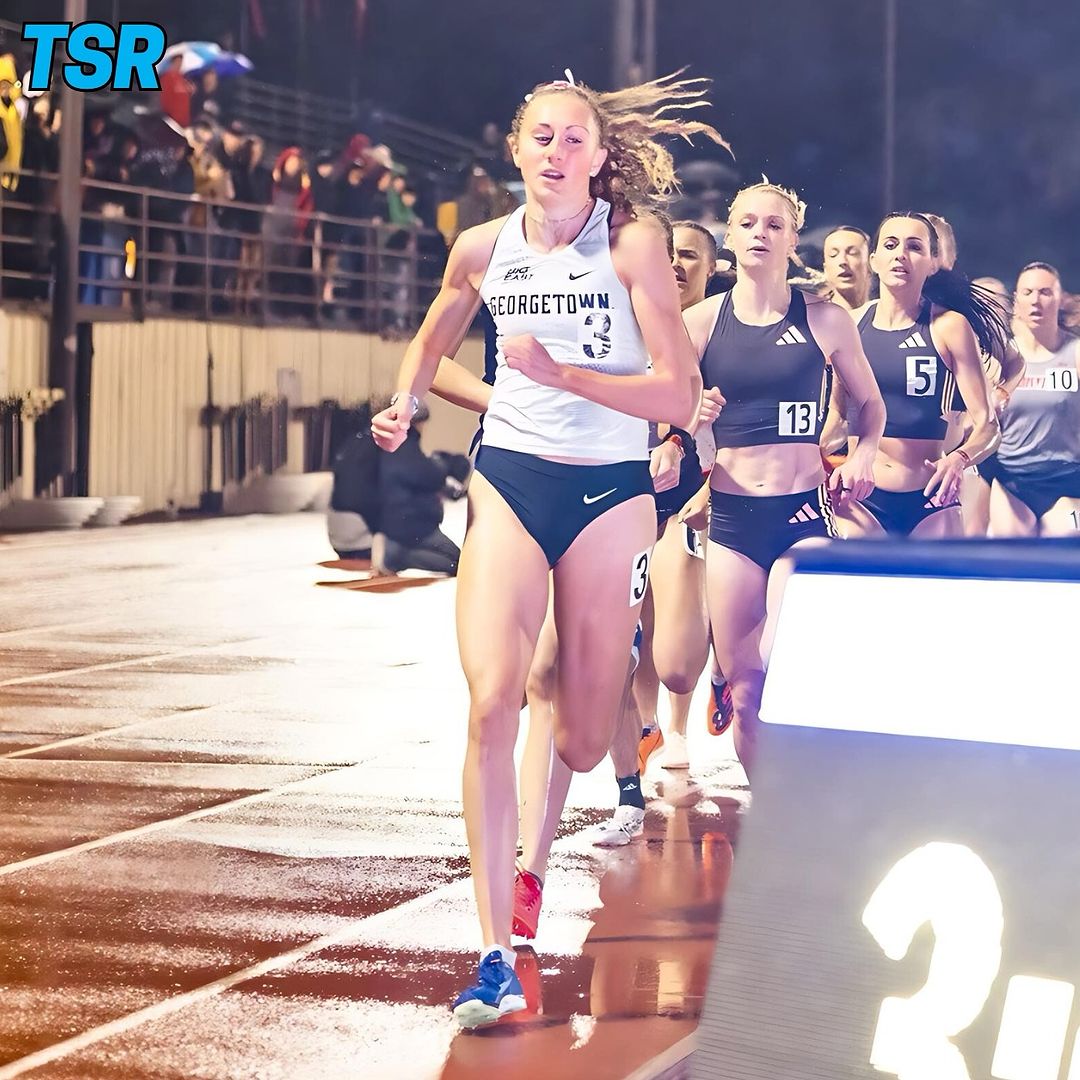Last week marked the beginning of the knockout stage of the Champions League, the most prestigious annual soccer tournament contested by Europe’s top clubs.
The competition will produce several high-quality games as the remaining 16 teams play each knockout round over two 90-minute legs — one at home and one at its opponent’s venue — building to the final match June 1. However, this action-packed event contains a notable imperfection.
When two teams’ aggregate scores are even after playing both legs, intuitively, the match would be considered tied because they each played an equal amount of time at home and away and scored the same number of goals.
However, since 1965 the Union of European Football Associations has operated under the rule that whichever team scores more goals on the road is the one that advances to the next round.
The use of the rule is by no means a rarity. At least one knockout round has been decided by away goals in each of the last 10 seasons.
The rule’s implementation made sense five decades ago, back when playing away from home was a more significant disadvantage. European travel was time-consuming and physically taxing. Soccer fields were lower quality, sometimes having muddy or uneven surfaces to which only the home team would be accustomed.
In this context, scoring an away goal was an accomplishment which deserved reward, and using it as a tiebreaker was a strongly preferred alternative to the completely chance-driven coin tosses used at the time.
Today’s teams travel in luxurious style and can afford to arrive early to minimize the effect of jet lag. All fields are in pristine condition, carefully mowed and watered just before kickoff.
The effect of modernity on the visiting team can be observed statistically: While 45 percent of away teams failed to score in Champions League games in the 1980s, less than 35 percent of teams on the road have been shutout in the 2010s.
Teams, of course, still have a home-field advantage, but it now comes primarily from their fans. Over the course of the two matches, each club’s fans turn out in enormous numbers and bring plenty of passion because they know the added importance of a strong homestand. In a way, both fan bases are competing to give their side a greater home-field advantage than the other.
Yet the outdated away goals rule gives the advantage, or at least a major opportunity, to the away side.
The rationale for keeping the rule is that it generates an entertaining style of attack from the away team, which is incentivized to try to score while the goals have added value.
However, many fans have observed that the rule has the opposite effect. Home teams are more likely to prioritize defending for fear of conceding a potentially decisive away goal, making for less exciting games.
It should be noted that if this rule were replaced by standard tiebreakers, more games will likely be decided by penalty shootouts, which are also imperfect because of the high reliance on luck. Goalkeepers can only guess which direction the penalty taker will choose, and they dive with slim hopes of making a save.
These shootouts could be improved if the position of the ball was moved back to the edge of the penalty box, where it would take far more skill for the shooter to beat a goalkeeper who has time to react. But this proposal is a separate area of debate.
Nevertheless, removing the away-goals rule will at least give two teams with equal aggregate scores the chance to win a game in 30 minutes of extra time.
The team that scores more goals than its opponent over 210 minutes of soccer clearly deserves to advance. A team that scored the same amount as its opponent in 180 minutes, but happened to score one or two away from home, does not.
UEFA announced last September that it would begin to “review” the rule amid some coaches arguing that it is outdated. Perhaps fans who make the same argument can add to the pressure, and hopefully cause a change.









